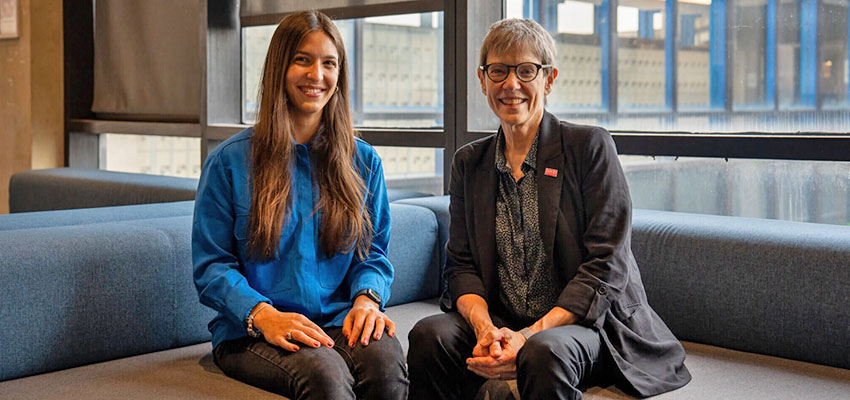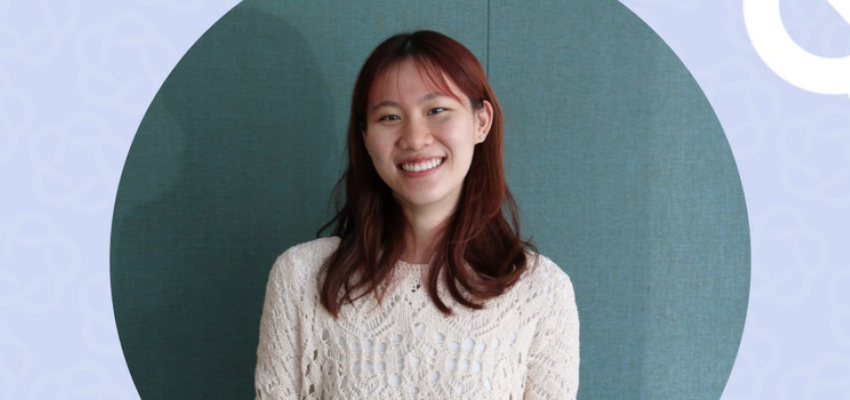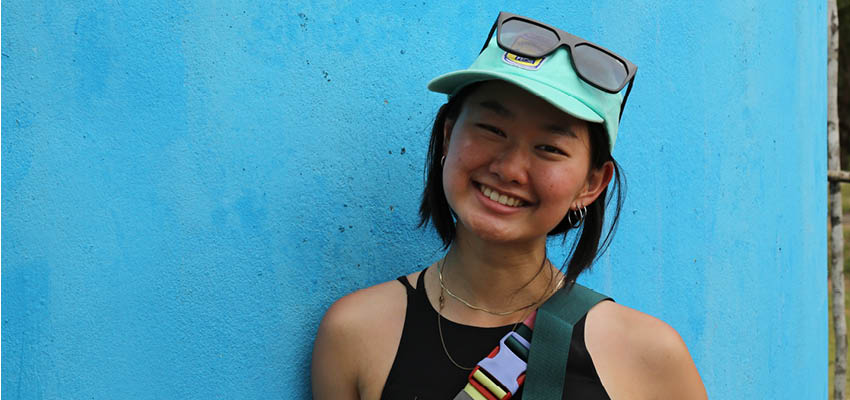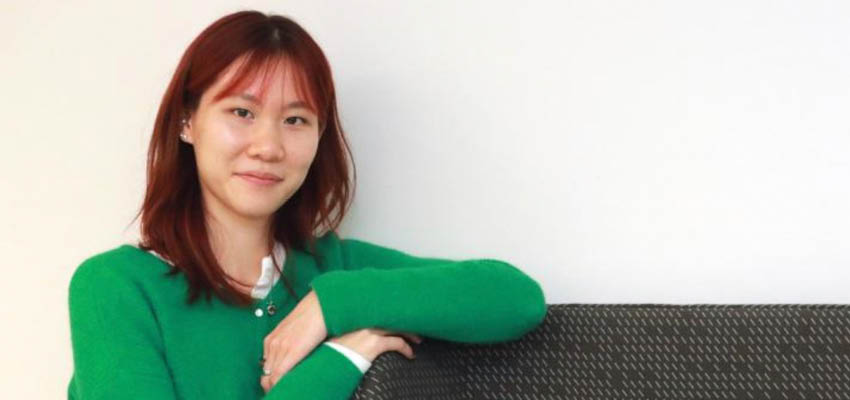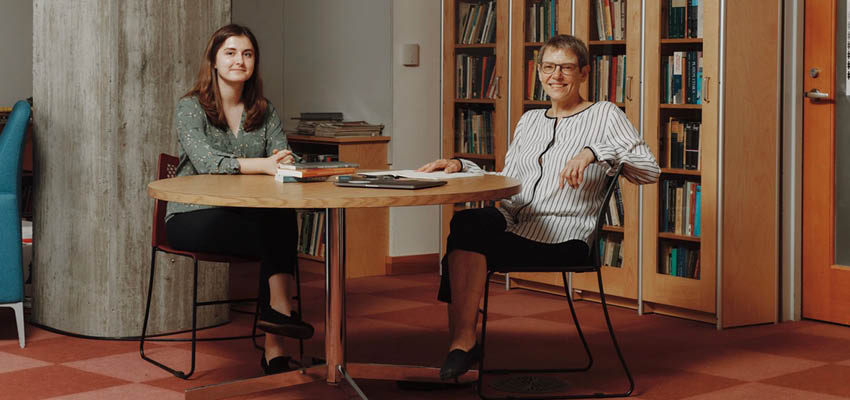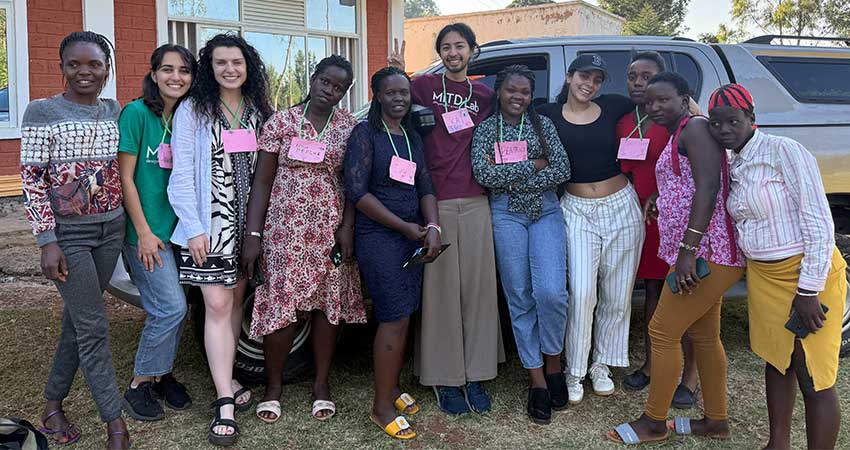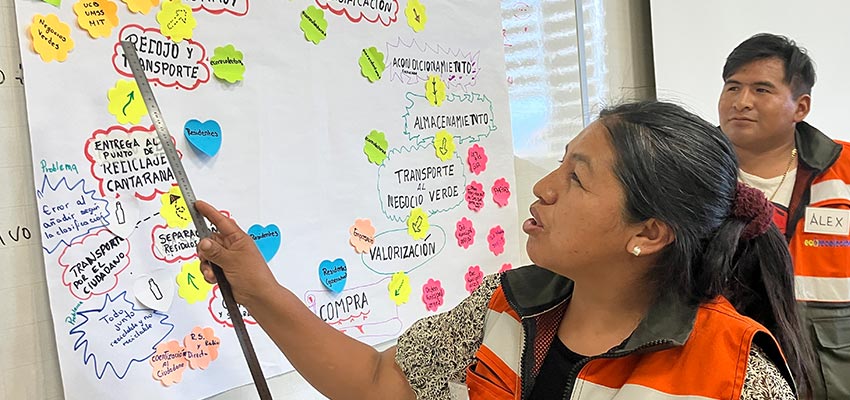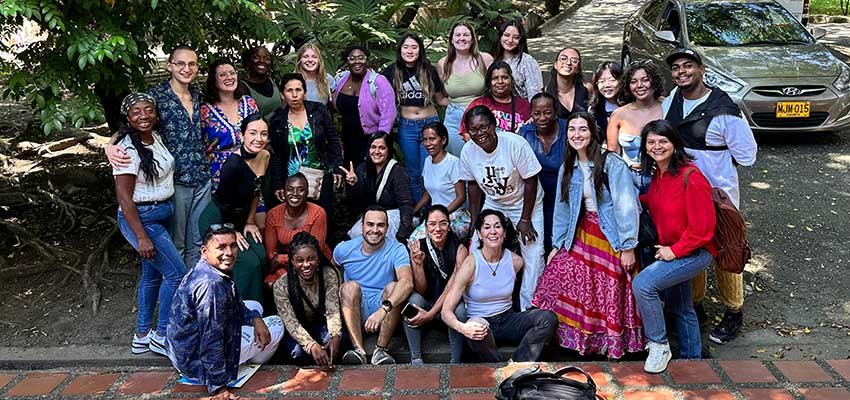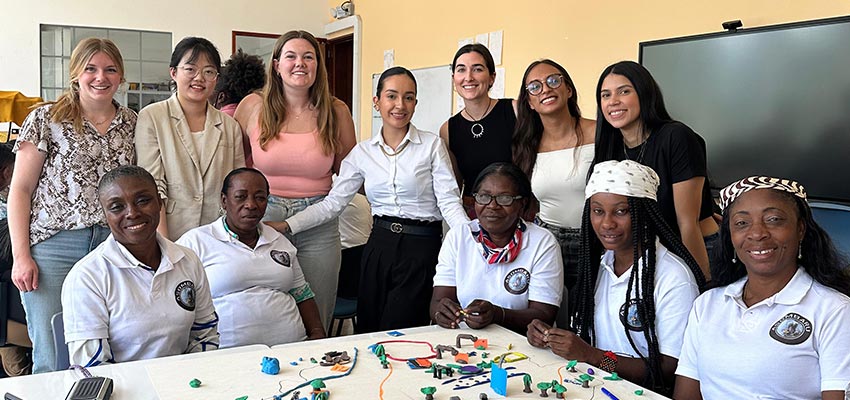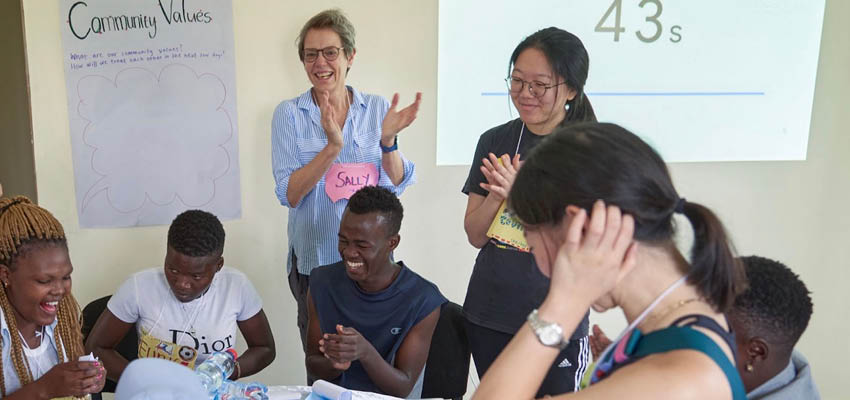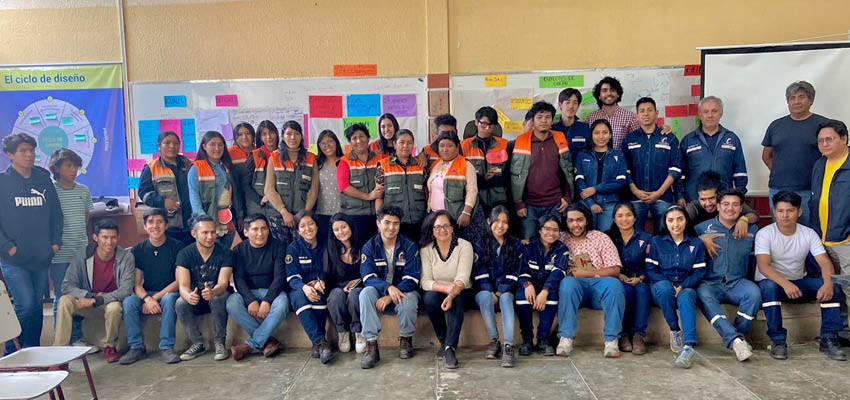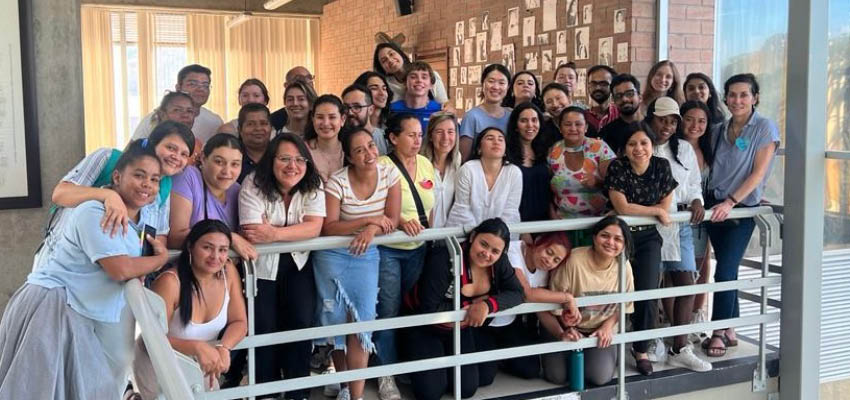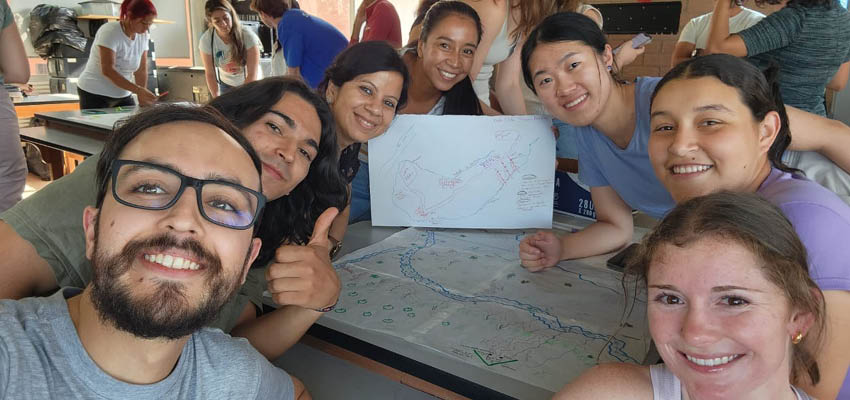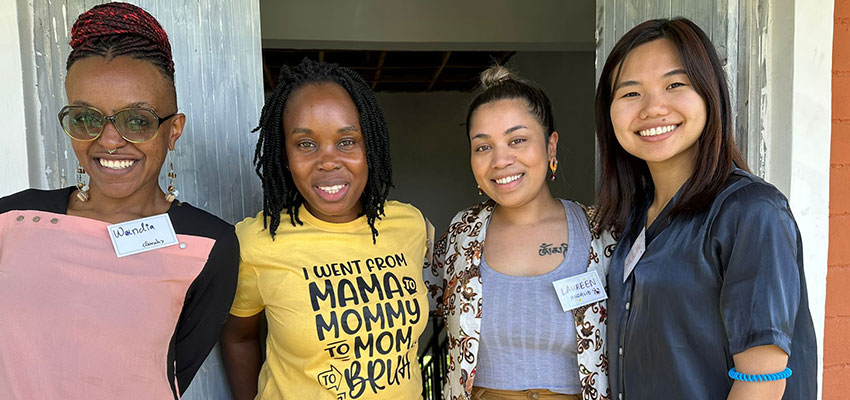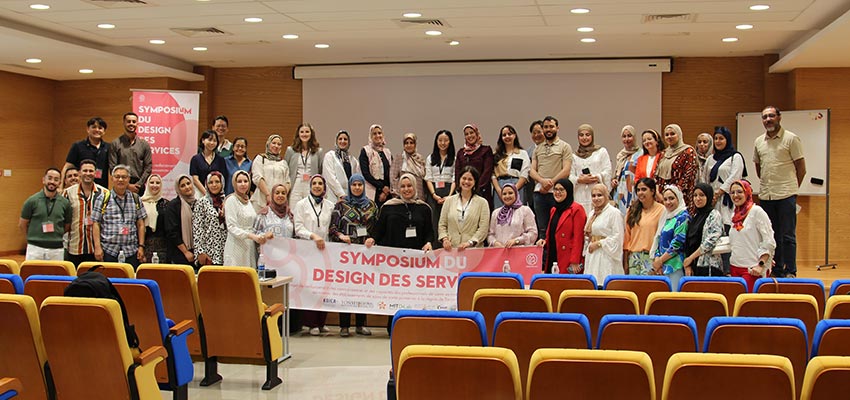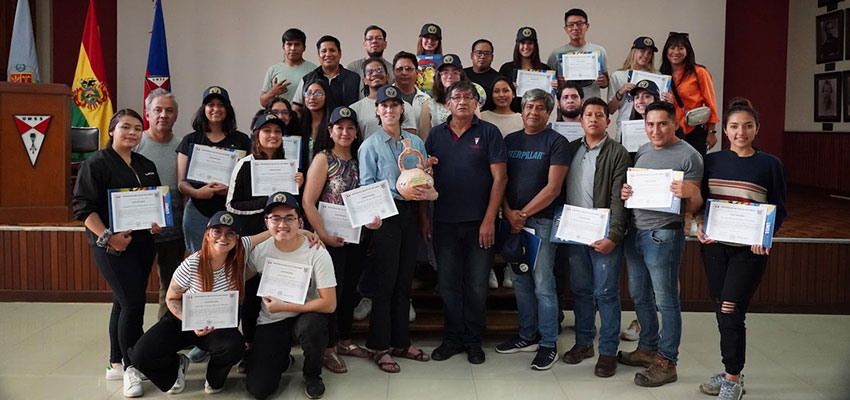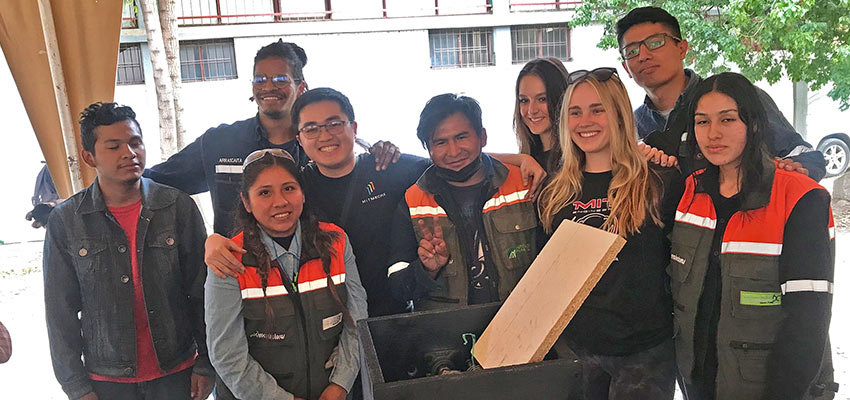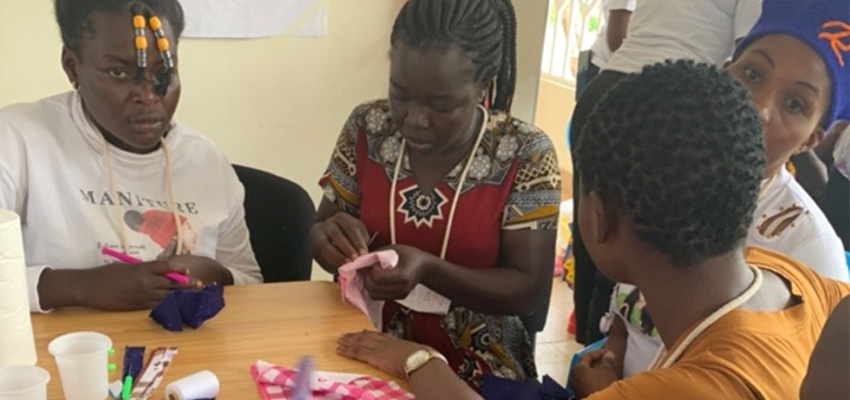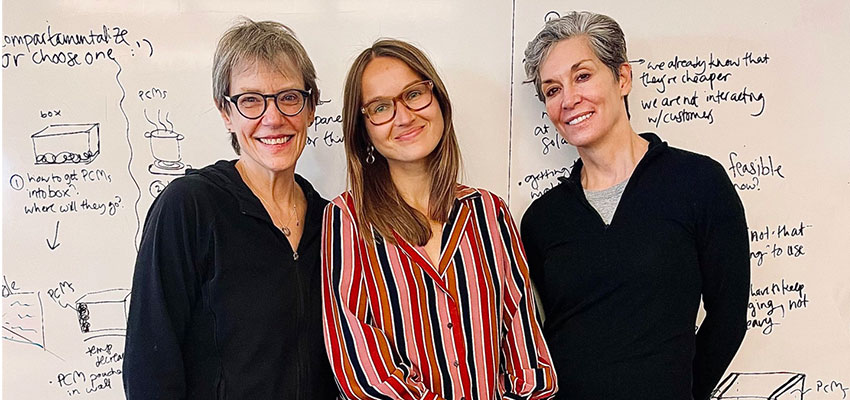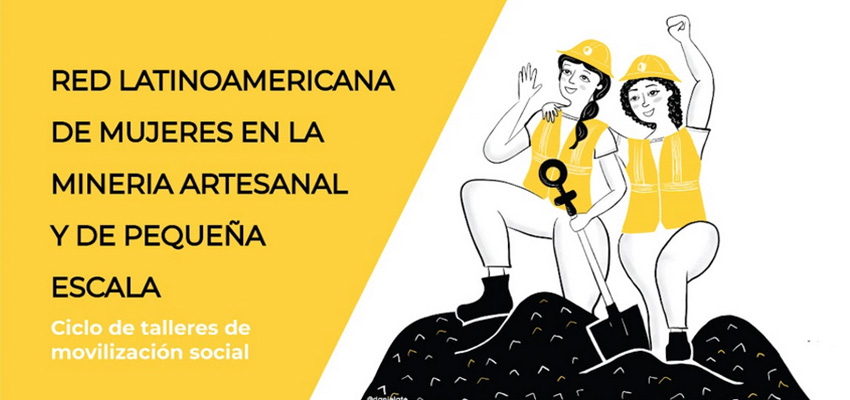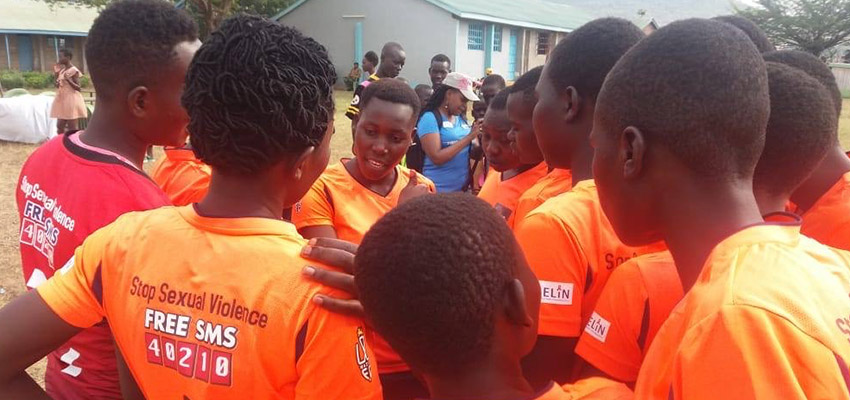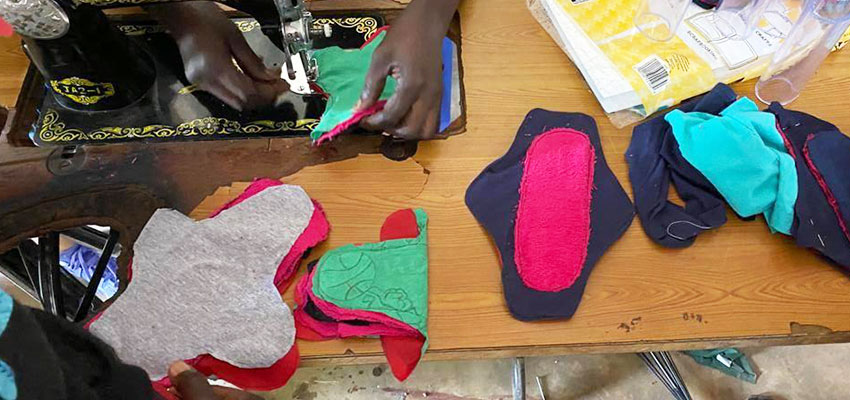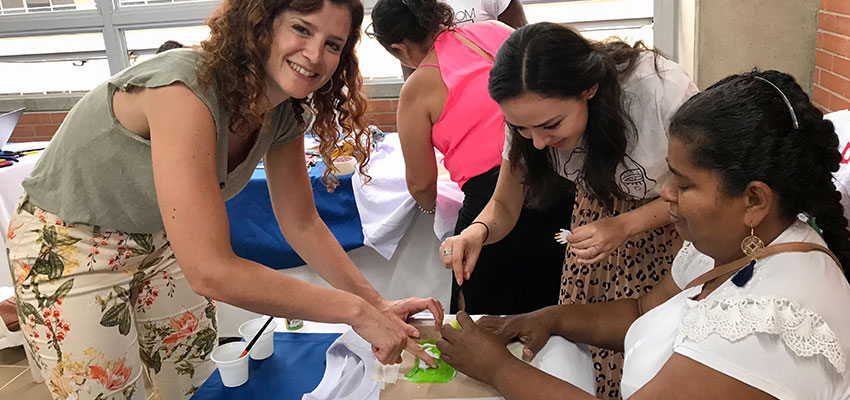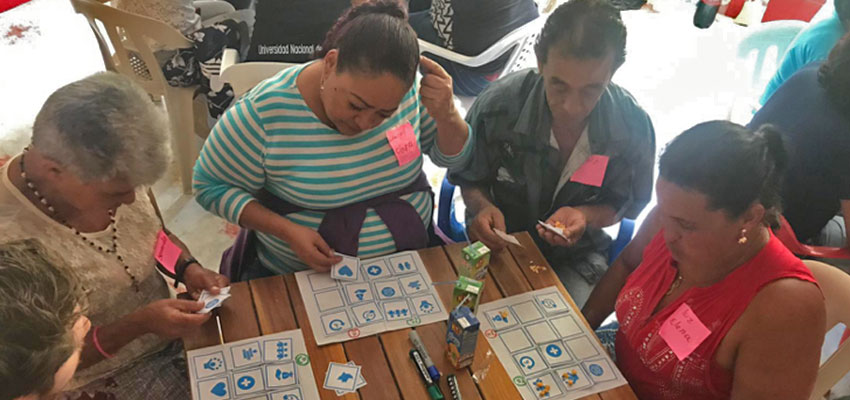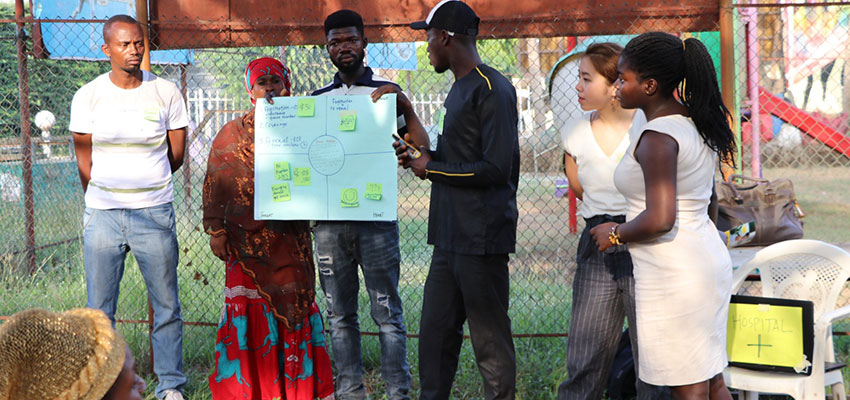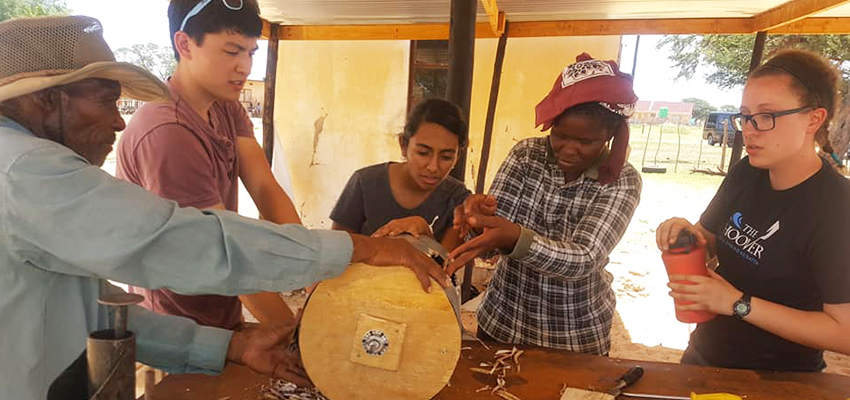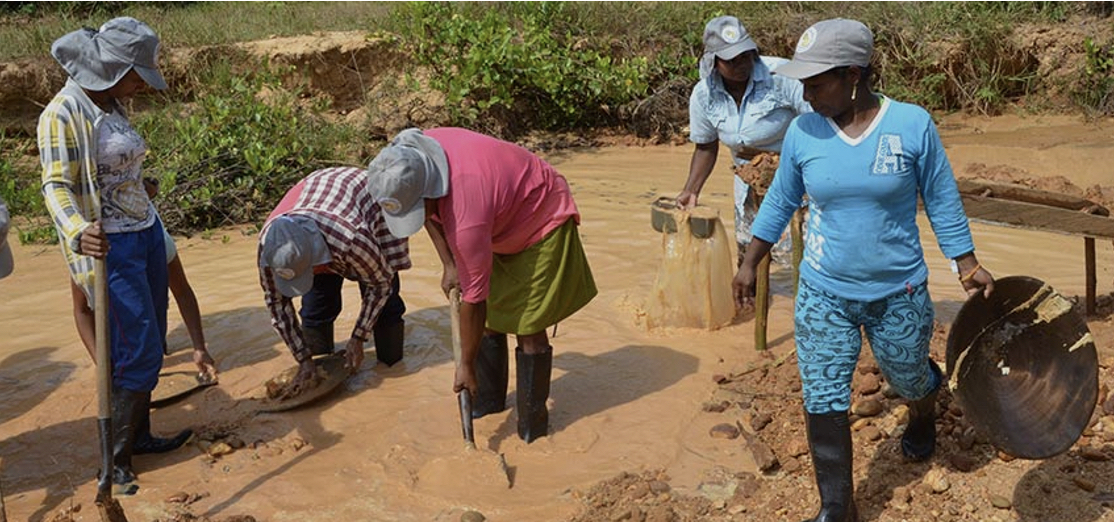
A collaboration with small-scale women gold-miners in Colombia to co-design a gender sensitive approach to formalization and inclusion in the mining industry.
Students team
- Mira Bohannan Kumar, Wellesley College 2024
- Lucian Covarrubias, MIT 2023
- Heeba Nazeer, Wellesley College 2023
- Mai Ogiuchi, Wellesley College 2023
- Prasanya Tirupathy, graduate student, Harvard Kennedy School
- Yong Xin Hui, PhD student, MIT and University of Pittsburgh
Community partners
- Mujeres Mineras Unidas de Colombia (MMUC)
- Maria Margarita Gamarra
- Linda Mishell Jaramillo Urrego
- Maria Camila Sanchez Posada
- Universidad Nacional de Colombia
- Alliance for Responsible Mining (ARM)
Problem framing
The gold-mining industry in Colombia has undergone a period of significant change in recent years. As the industry moves toward privatization and the increased involvement of large corporations, artisanal and small-scale mining–which is an important industry in many Afro-Colombian and indigenous communities–is becoming both more difficult and more dangerous, with risks including environmental, health, and workplace safety issues. This problem is compounded for women, who are historically shut out of profits, materials, and access to formal labor for a variety of reasons. Women therefore experience increased risks associated with informal labor, including threats to their personal safety, lack of accountability, and lack of social safety nets, as well as generally inequitable access to mines.
Objectives
Our interventions hope to identify areas of concern for women miners, specifically members of Mujeres Mineras Unidas de Colombia (United Women Miners of Colombia) (MMUC), as they relate to their specified goal of co-designing a formalization process. Recent shifts in the Colombian government have opened up a unique opportunity to further the interests of women miners and boost their advocacy. Therefore, we hope to prioritize areas of concern and potential solutions to capitalize on this opportunity to generate buy-in and commitment from policy makers in Colombia. We will help the women miners co-design their specific goals as they connect with government representatives who can make those goals a reality.
Our process
We are in the process of conducting a series of workshops that will enable us to develop more specific goals regarding formalization in collaboration with the women miners. There will be three workshops in total: diagnostic, developmental, and preparatory. The diagnostic workshop, held over Zoom, served to identify specific barriers to formalization and flourishing that the women miners are experiencing. The developmental workshop, also held over Zoom, allows us to present the formalization process and other possible avenues for advancement available to the women miners such that they and we can develop specific goals to help remedy some of the previously identified barriers. The preparatory workshop will occur in person, and will allow the goals to be structured and presented such that they can appear in front of policy-makers as convincing and achievable through concrete action. Finally, we and members of Mujeres Mineras Unidas de Colombia will meet with government representatives in order to present these proposed solutions and spur action to further the welfare of women miners.
Looking ahead
This project will likely continue to require our ongoing participation through the proposed dates for meeting with elected officials in April 2023. The relative success of those meetings will determine the role of the next D-Lab team to work on this project: they will likely need to adjust the foci for their advocacy as we gain more information regarding the receptiveness of government to the women miners’ agenda (which we will collect from our work in April). All of our review and materials will be passed on and will contribute to a body of knowledge that will enable them to make decisions regarding these foci and ongoing goals and methods in collaboration with MMUC.
MIT D-Lab Class
Contact
Mira Bohannan Kumar, Student team member
Libby McDonald, MIT D-Lab Lecturer, MIT D-Lab Inclusive Economies Lead


